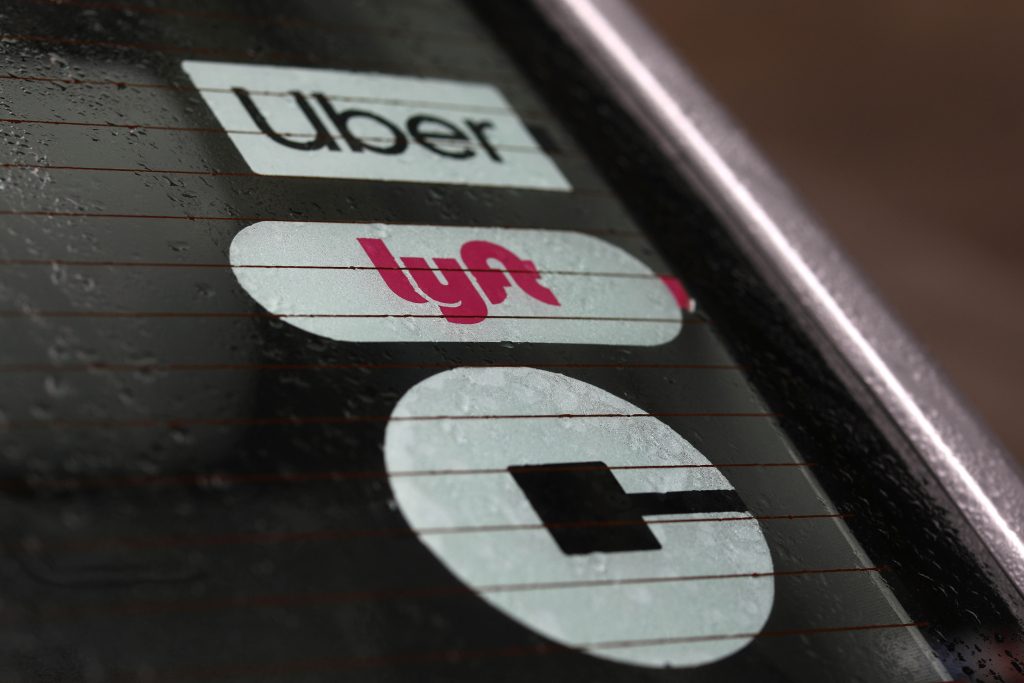California opened a new front in its battle against Uber and Lyft over their classification of drivers as contractors instead of employees, with the state’s labor commissioner on Wednesday filing suit against the two companies.
The San Francisco ride-hailing firms decided from the start of their operations to “misclassify” their drivers “as a means of unlawfully depriving these workers of a host of statutory protections applicable to employees, in direct contravention of California law,” according to the separate but nearly identical lawsuits filed in state court in Alameda County claimed.
Wednesday’s action is the latest in a long line of legal disputes stemming from the passage of California’s AB-5 gig worker law, which took effect Jan. 1. The law requires many workers considered contractors by their employers to be reclassified as employees and receive employment benefits and protections. Uber has sued the state, arguing that AB-5 is unconstitutional. Uber and Lyft have put at least $30 million toward a ballot measure that would overturn that law. And in May, state Attorney General Xavier Becerra filed suit against the two companies, seeking a court order forcing them to reclassify drivers.
The companies’ designation of drivers as contract workers has become particularly problematic for California amid the coronavirus pandemic, with stay-home orders eviscerating demand for ride-hailing and the state agreeing to pay unemployment benefits to out-of-work drivers despite Uber and Lyft not having paid into the state’s unemployment fund. A UC Berkeley Labor Center report in May estimated that if the firms had treated their drivers as employees between 2014 and 2019, Uber and Lyft would have contributed a combined $413 million.
Central to the dispute between the state and the companies is the degree to which drivers control their work and compensation, with California arguing the firms are in charge and the firms countering that drivers have substantial independence.
Harry Campbell, who publishes a blog and newsletter followed by tens of thousands of ride-hailing drivers, estimates there are 400,000 to 500,000 Uber and Lyft drivers in California.
Uber on Wednesday afternoon said it hadn’t yet been served with the suit, but argued that the “vast majority” of drivers want to work independently. “We’ve already made significant changes to our app to ensure that remains the case under state law,” Uber said in an emailed statement. “When 3 million Californians are without a job, our leaders should be focused on creating work, not trying to shut down an entire industry.”
Lyft accused state labor officials of botching “thousands of claims” for pandemic-related unemployment benefits. “They know they don’t have the ability to process these claims, so they sent them into a legal abyss, where they know it will take years to resolve them,” the company claimed in an emailed statement.
In both suits, Labor Commissioner Lilia García-Brower is seeking orders banning Uber and Lyft from classifying drivers as contractors, plus payment by the companies of “unpaid wages” owed to drivers, and unspecified damages and penalties.










